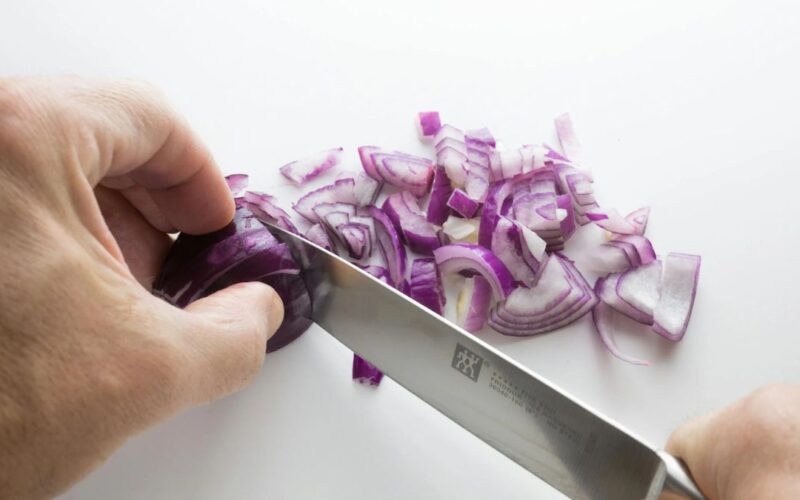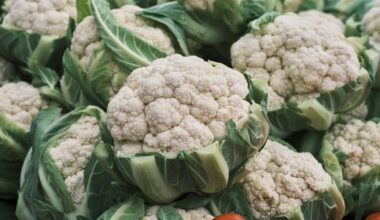Onions, with their distinctive flavor and aroma, are a staple ingredient in cuisines around the world. However, beyond their culinary appeal, onions harbor a treasure trove of fascinating facts and historical significance. In this article, we’ll peel back the layers and explore ten intriguing facts about onions that shed light on their diverse uses, nutritional benefits, and rich cultural heritage.
Ancient Origins
Onions have been cultivated for millennia, with evidence of their consumption dating back to ancient civilizations such as Egypt and Mesopotamia. They were revered by the ancient Egyptians for their culinary and medicinal properties, and even found a place in burial rituals due to their perceived spiritual significance.
Varied Varieties
There are hundreds of onion varieties cultivated worldwide, each with its unique flavor profile, appearance, and culinary uses. Common varieties include yellow onions, red onions, white onions, and sweet onions, each lending its distinct taste and texture to dishes ranging from soups and stews to salads and sandwiches.
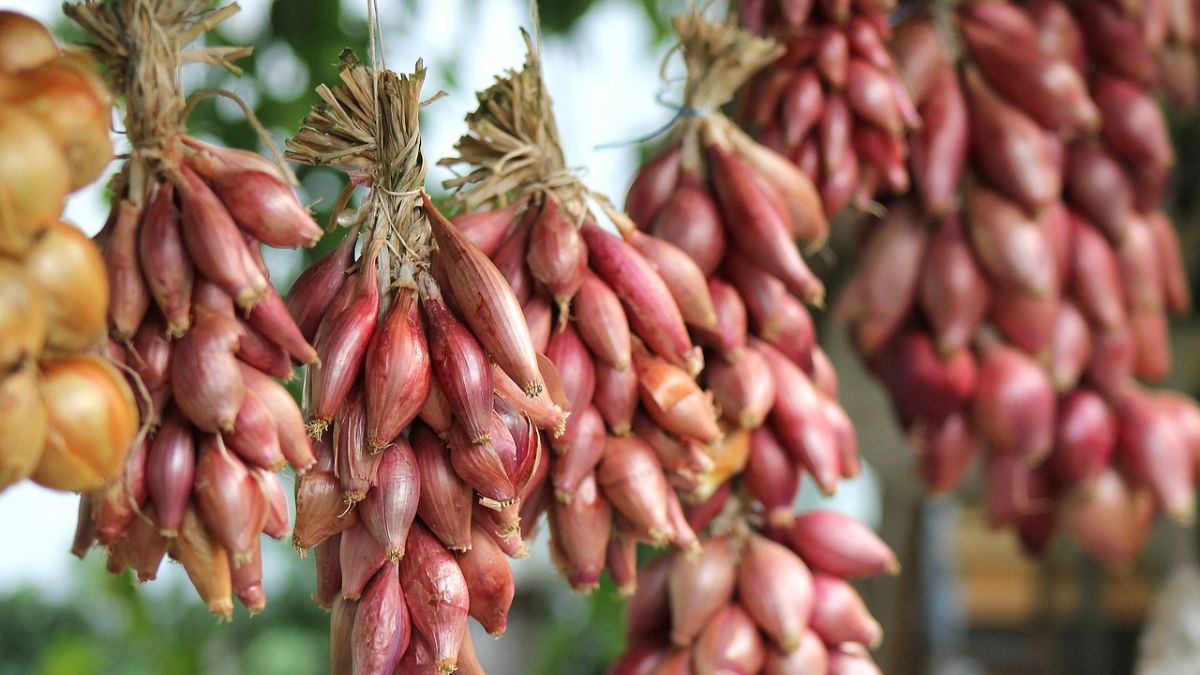
Tear-Inducing Compounds
The pungent odor released when chopping onions is due to sulfur compounds present in the vegetable. When the onion is cut or crushed, enzymes react with sulfur-containing compounds to produce volatile gases, including syn-propanethial-S-oxide, which irritates the eyes and triggers tear production.
Health Benefits Galore
Onions are packed with nutrients and antioxidants that contribute to their numerous health benefits. They are rich in vitamins C and B6, folate, potassium, and manganese, as well as phytochemicals like quercetin and sulfur compounds, which have anti-inflammatory and immune-boosting properties.
Culinary Versatility
Onions are prized for their culinary versatility and ability to enhance the flavor of a wide range of dishes. They can be sautéed, caramelized, pickled, or used raw in salads, salsas, and relishes. Whether serving as a savory base for soups and sauces or adding a crunchy kick to sandwiches and burgers, onions are a kitchen staple beloved by chefs and home cooks alike.
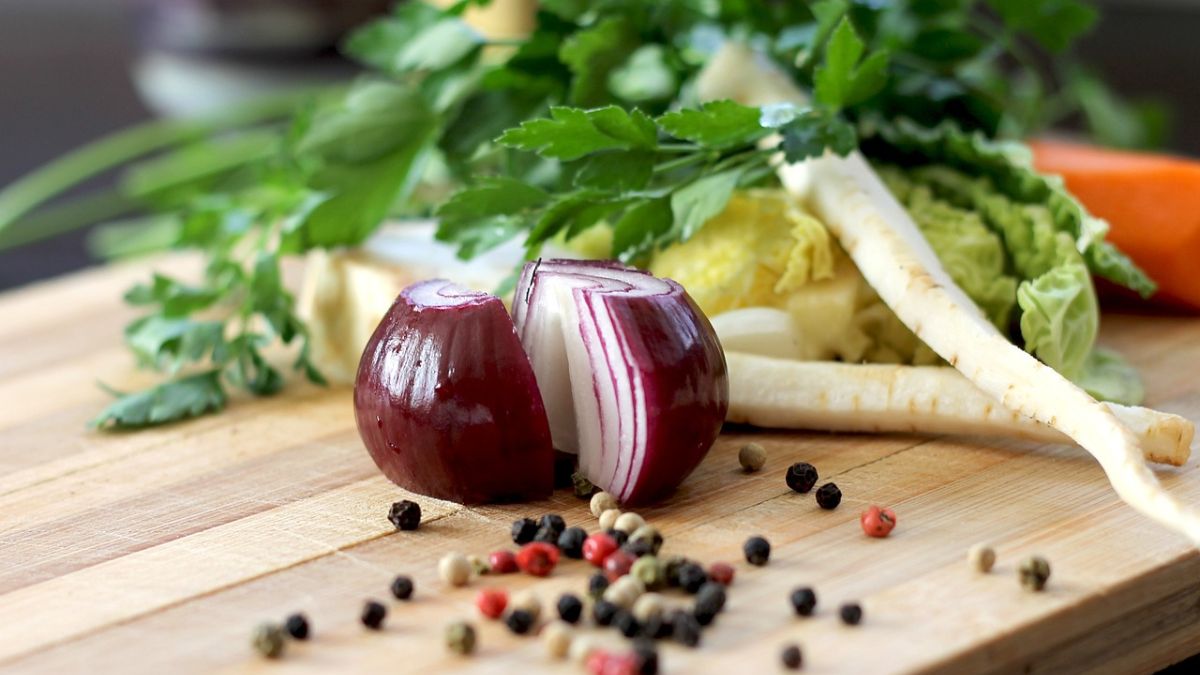
Storage Secrets
Proper storage is key to preserving the freshness and flavor of onions. Store onions in a cool, dry, well-ventilated area away from direct sunlight to prevent sprouting and spoilage. Avoid storing onions near potatoes, as the gases emitted by both vegetables can cause them to spoil more quickly.
Symbolism and Folklore
Throughout history, onions have held symbolic significance in various cultures and folklore. In ancient Greece, athletes consumed onions for strength and endurance, while in medieval Europe, onions were thought to ward off evil spirits and protect against the plague. Onions also feature prominently in proverbs and sayings, often symbolizing layers of complexity or hidden truths.
Global Production Powerhouse
Onions are one of the most widely cultivated vegetables globally, with major onion-producing countries including China, India, the United States, and Egypt. They are grown in diverse climates and soil types, ranging from temperate regions to arid and tropical environments, making them a resilient and adaptable crop.
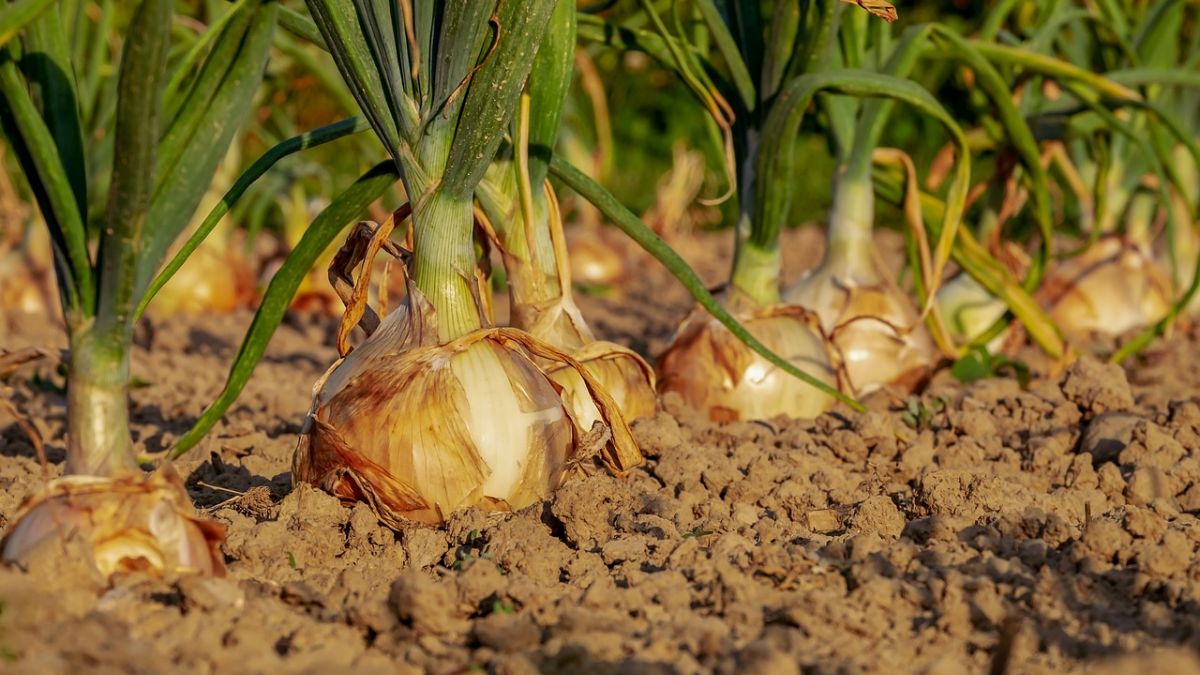
Medicinal Uses
In addition to their culinary uses, onions have a long history of medicinal use for treating various ailments. They were traditionally used to alleviate coughs, colds, and respiratory infections due to their expectorant and antimicrobial properties. Onions are also believed to have anti-inflammatory effects and may help lower cholesterol levels and regulate blood sugar levels.
Cultural Significance
Onions hold cultural significance in many cuisines and traditions around the world. They feature prominently in dishes ranging from Indian curries and Italian pasta sauces to French onion soup and Mexican salsas. In some cultures, onions are a symbol of hospitality and are offered as a gesture of welcome to guests.
Exploring the Allure of Onions
From their ancient origins and tear-inducing compounds to their culinary versatility and health benefits, onions captivate with their rich history and diverse uses. Whether savoring the sweet crunch of a raw red onion in a salad or savoring the savory aroma of caramelized onions in a stew, these humble vegetables add depth and flavor to dishes across cultures and continents. As we peel back the layers of this culinary staple, we uncover a world of fascinating facts and untold stories that celebrate the enduring allure of the mighty onion.
